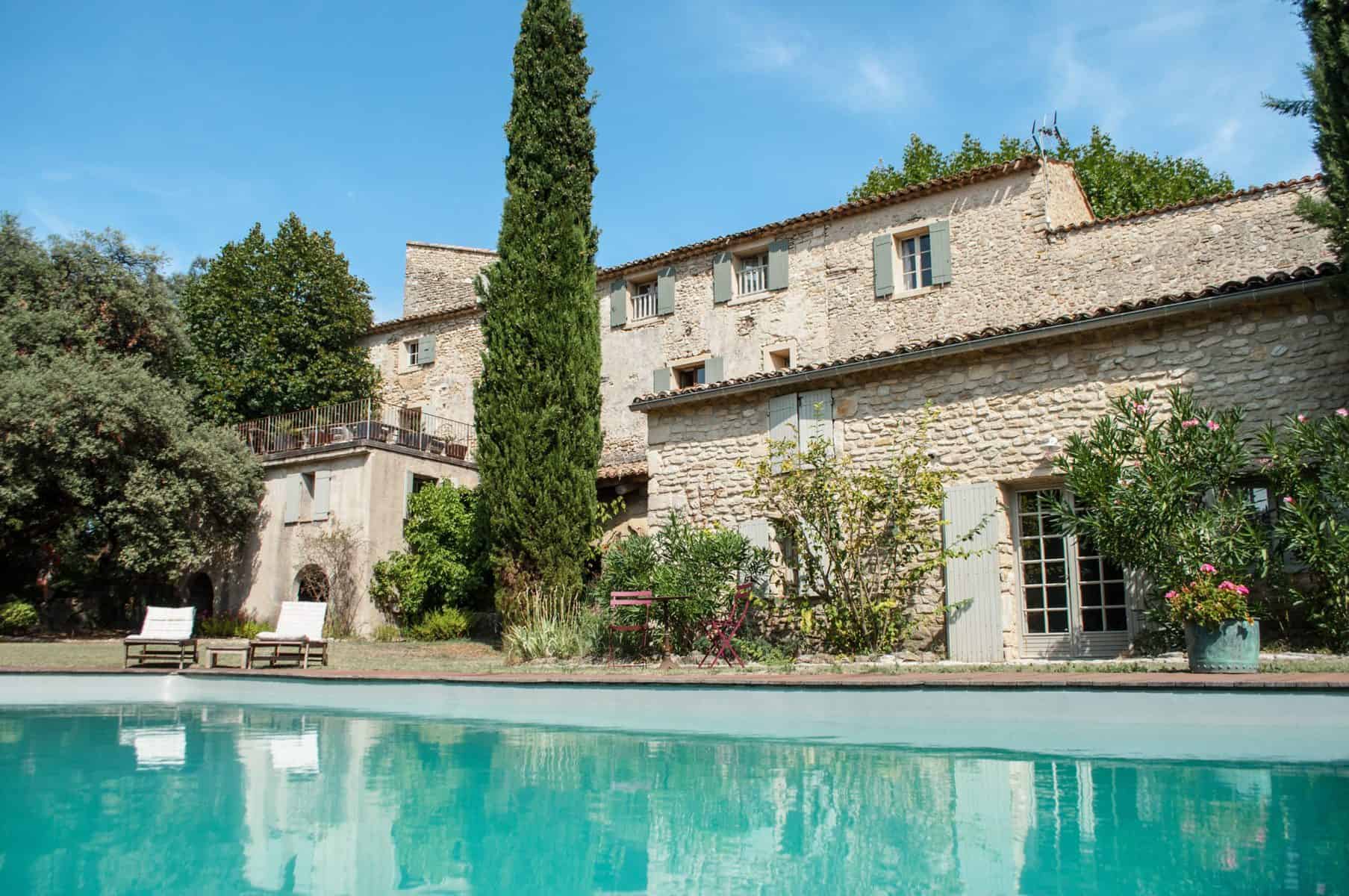
The Balancing Act for B&B owners just got more difficult….
We speak to Tracey Broadbent at PPL Training who educates us on the certain legal obligations you will face
When you’re busy setting up a guest accommodation business, you quickly realise that you are Marketing Director, Accountant, Customer Service Executive, Head of Operations as well as Chief Cook & Bottle Washer.
No wonder then, that many owners don’t realise that their legal obligations also extend to the Management of their Hot and Cold water systems. Once again, your mind could be forgiven for automatically considering the more obvious comfort and safety of guests; ensuring that water isn’t too hot to scald or providing cold water that is palatable. However as soon as we enter into the commercial world, the Health & Safety Executive (HSE) place significant legal obligations on business owners to ensure water hygiene is maintained and the protection of your guests are at the forefront of your activity.
‘The law is clear that if you are a landlord and rent out your property (or even a room within your own home) then you have legal responsibilities to ensure the health and safety of your tenant by keeping the property safe and free from health hazards.’ HSE Website
One of the prime causes for concern is lack of awareness around Legionella. This bacterium occurs naturally in water and if consumed through drinking, is harmless. However, when inhaled through vapour or aerosol, the bacteria and resultant illness – Legionellosis – can be deadly. On average there are approximately 400 incidents reported per year in the UK, of those approximately 12% will be fatal. Many more cases are thought to go unrecorded as the symptoms are flu-like and the public may not yet associate contact with an unfamiliar water system as the cause of their illness, failing to report this as a potential cause to their GP when symptoms emerge.
When you examine those who are most vulnerable to the effects of Legionella (over 40s, Underlying health conditions, taking limited exercise), the chances are that it could potentially affect many of your guest profiles as well as employees.
More recent legislative changes mean that the topic of Legionella and its potential impact is coming to the fore, with high profile cases and subsequent fines being widely reported in the media.
The new legislation means that all private Landlords are now responsible for demonstrating that they are in control of their water systems in properties that they own. This means that systems should have been risk assessed and are actively managed in such a way that you can evidence your diligence towards these obligations.
The good news is that your response to assessing and managing your system can be proportionate. The HSE expects you to understand the composition and flow of water in your system from entry onto your property (usually at the boundary) through to the exit away from the property. Once mapped, there should be evidence of a programme of risk identification and where necessary, interventions to minimise legionella risk documented. Finally you will need to put in place a clear system of management and review focusing on prevention, with records clearly demonstrating your maintenance schedule.
One thing is for sure, with fines now regularly being issued against business owners, and the reputational damage that a reported case can do to your business, the ‘do nothing’ option is not very attractive or business focussed.
Tracey Broadbent,
Marketing Director and Head of Business Support at PPL Training



